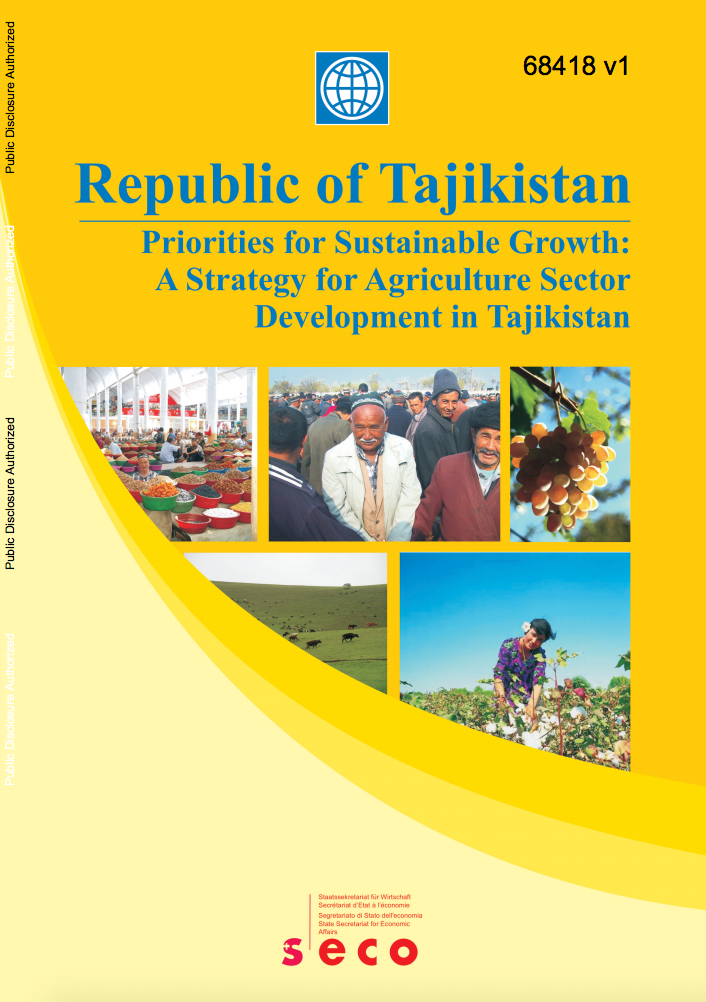Adapting to Climate Change : Assessing World Bank Group Experience--Phase III of the World Bank Group and Climate Change
This paper constitutes the third and final volume of a series of assessments of the World Bank Group's engagement with climate change issues. The first focused on World Bank involvement in policy issues related to greenhouse gas mitigation. It was mainly concerned with the potential for energy price reform and energy efficiency policies to yield dividends in growth, fiscal savings, and climate change mitigation. The second volume examined project-level lessons related to greenhouse gas mitigation.


